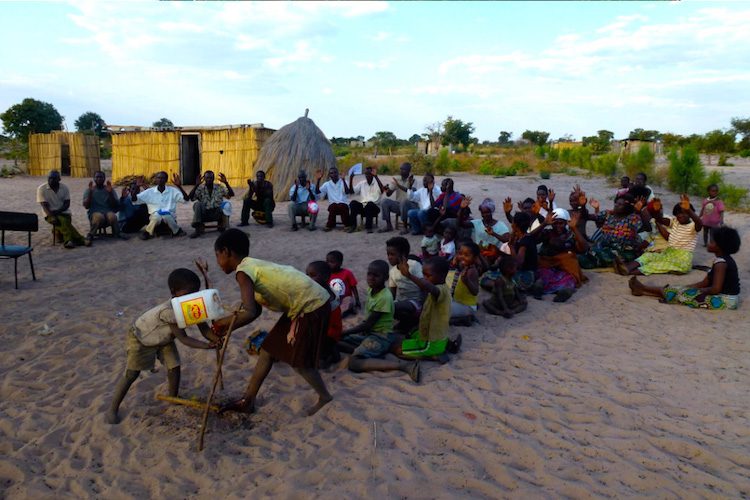
Providing the Essentials
We do so much more than just put a water pump in the villages. We also provide education in Sanitation and Hygiene. During this training we set up a water committee that is responsible for the water source. They will build a fence around it to keep out animals, be responsible for the sanitation, and collect a bit of money from each family monthly for parts to repair the pump.
We also train multiple people from each village to make repairs to the pump and well. We teach them about every piece of the pump and how to repair or replace each part that is broken or worn down. We then supply a pump repair kit to each area that the pump mechanics will use to make the repairs. This knowledge and tools allow each village to take care of the wells far into the future.
We believe that water is just half of the equation, and the other half is accompanying the gift of safe, clean water with this education and training. This approach has been proven to be the most effective method of sustainable growth through water in the villages.

The gift of clean water for a village provides so many new opportunities. Aside from the enormous health benefits of water, such as reduction of infant mortality, decreased disease rates, stop of most cases of diarrhea, and… clean water provides chance for growth in education, economics, and equality.
Less time spent collecting water means that the children, who are often pulled out of school at a young age, will be able to continue attending school, even when they are old enough to fetch water. When the women are able to spend far less time collecting water, much more time can be invested into farming, crafts and services that can bring money into the local village economy. The women, who rarely have a chance to make money, are free to pursue money-making ventures, a task almost wholly reserved for men. This greatly empowers the women in the village.
Financial independence for the women provides for a huge step towards gender equality in the community. Also, having a water source in the village allows for irrigation farming during the dry season, when typically no crops are grown. Having two growing seasons per year is obviously a giant positive change for a mostly agrarian society. This extra money circles back to greater education for children, as the monetary reasons for not being able to send kids to school, such as no money for uniforms or tuition, will likely be eradicated. Water, accompanied with village-level education in sanitation and hygiene, provides villagers with an unmatched opportunity to find their way out of poverty.
